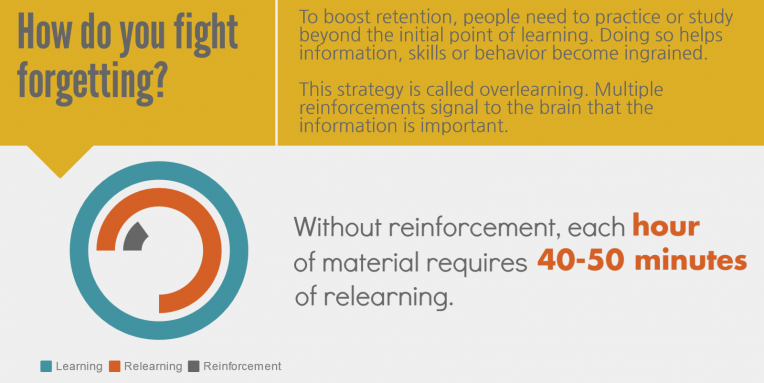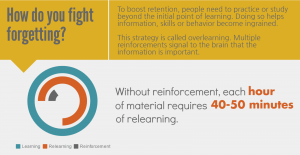Curriculum Matters

Homework, revision, and knowledge retrieval
“I don’t have anything for homework” is a common response from many students throughout their educational journey. What they are referring to is the fact that their teacher did not set a specific task to complete at home. However, there is work that needs to be completed at home on a regular basis and is not always assigned. This mindset of nothing to do is something that the teaching team is constantly working on shifting by encouraging revision as part of the daily homework schedule.
The issue is the language used, and a change in this may assist in changing behavior, together with an improved understanding of the consequences of chosen actions. It may be helpful to identify that revising, also referred to as studying, is different to homework that is sent home for completion overnight or by a set date. This work is often set as deliberate practice or linked to an assignment task. When we use the term revising, we are referring to the process of summarising work covered in class, understanding this, and then doing something to remember it. We recall things best immediately after reading, watching, or hearing the information; however, as time passes our memories fade. This phenomenon is known as ‘knowledge fade’ or ‘the forgetting curve’.
Hermann Ebbinghaus, the father of research in this area, and many subsequent researchers found that we forget new information at an exponential rate.
- After 20 minutes 42% of learning is lost
- After 24 hours 67% of learning is lost
- After 31 days 79% of learning is lost
Most people lose the majority of information within 24 hours of their initial learning experience. He noted that without further revision the average learner retains only 10% of new information after 60 days.
In relation to efficient use of time, regular revision just makes sense, and the research indicates the sooner the better.
The infographic below really highlights the overall investment of time spent in the learning process and the reasonably small investment required to retain rather than relearn.
Another key point to come out of research in this space is that the information retained past the 24 hour point remains with us far longer. In other words, the new knowledge or skills has been transferred from short to long term memory. The Australian Curriculum and Queensland Senior Secondary Studies Curriculum is designed to build on knowledge from previous learning experiences from year to year. Therefore, if our students are not revising work incrementally as they encounter it, they will have limited ability to retrieve this knowledge and continue to build upon it, impacting their long-term success.
Practical revision strategies that can be suggested to your child when they announce, ‘no homework’.
Based on the subjects studied each day, the following can be applied:
- Create flash cards for definitions
- Read through notes and create a corresponding question for each line of notes
- Take notes from relevant textbook content using Cornell Note taking techniques
- Watch a video on the content (Crash Course Science, Hot Maths, Kahn Academy)
- Create Acronyms and Mnemonics
- Draw mind maps for visual representations and connect ideas
- Teach/explain the concept to someone else
- Highlight information accompanied by explanation of importance in margin of page
The Curriculum Team are developing resources to provide greater guidance and support that will be launched Semester 2, 2021 to students from the Study HQ: ‘Making sure your learning sticks’ intranet page.
Kind regards,
Fiona Hogan
Director of Innovation & Learning – Middle School








